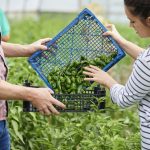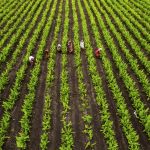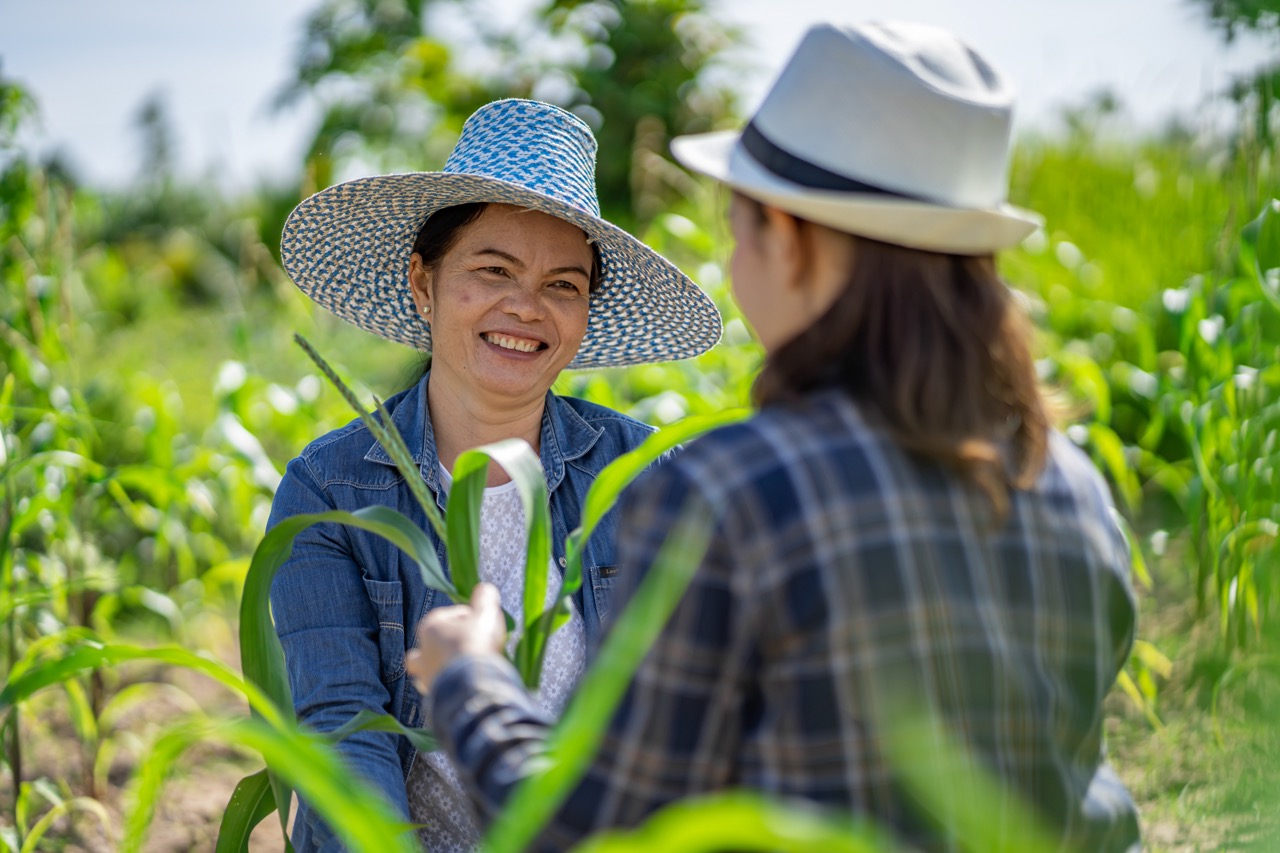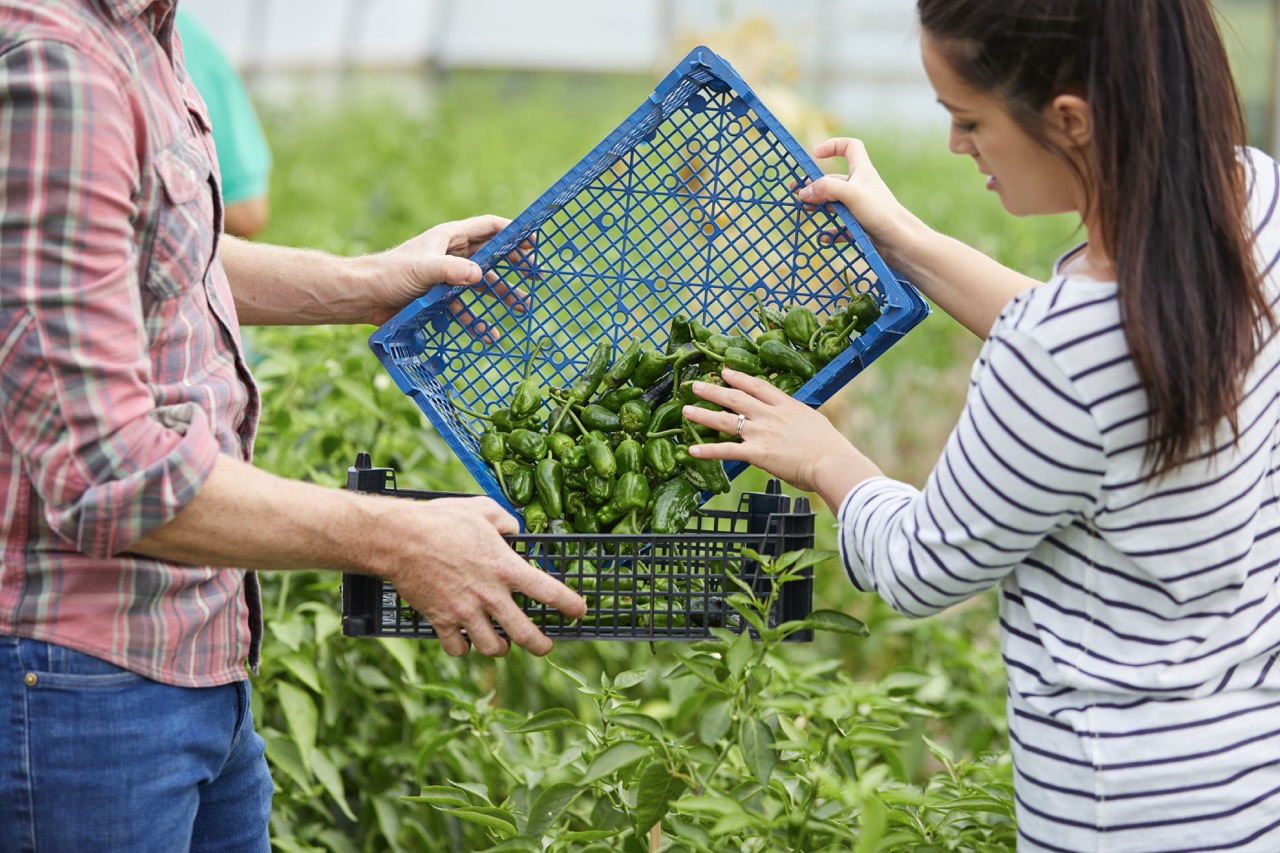Food security remains a pressing challenge in many regions around the world, driven by factors such as climate change, economic instability, and supply chain disruptions. One effective approach to mitigating these issues is enhancing local farming systems. By focusing on local production, communities can improve food security, support local economies, and foster sustainable practices. This article explores how strengthening local economies, adopting sustainable practices, engaging communities, and receiving policy support can collectively improve food security through localized farming systems.
Strengthening Local Economies: The Role of Farming Systems
Local farming systems play a crucial role in bolstering local economies by creating jobs and fostering entrepreneurship. When communities invest in local agriculture, they stimulate economic activity by generating employment opportunities in farming, processing, and distribution. This shift not only helps retain financial resources within the community but also reduces reliance on imported goods, ensuring that local economies are more resilient to external shocks.
Moreover, local farming systems can drive innovation and technological advancements tailored to the specific needs of the area. Farmers, supported by local research institutions and extension services, can experiment with new crops, production techniques, and marketing strategies. This collaborative approach can lead to increased productivity and profitability, further entrenching the significance of local farms within the economic ecosystem.
Furthermore, strengthening local economies through farming systems can enhance food sovereignty, allowing communities to have greater control over their food sources. This includes decisions regarding what is grown, how it is produced, and where it is sold. By prioritizing local agriculture, communities can create a more equitable food distribution system that ensures all residents have access to fresh, nutritious food.
Sustainable Practices: Boosting Food Production Locally
Sustainable agricultural practices are integral to improving food security through local farming systems. These practices, which include organic farming, crop rotation, and agroecology, not only enhance food production but also protect the environment. By minimizing the use of chemical fertilizers and pesticides, local farmers can produce healthier food while preserving the biodiversity that is essential for long-term agricultural success.
Additionally, sustainable practices can help mitigate the impacts of climate change on food production. Techniques such as water conservation, soil health management, and regenerative agriculture can improve resilience against extreme weather events and changing climatic conditions. By adopting these methods, local farmers can ensure a more stable and reliable food supply, further contributing to food security.
Investing in sustainable practices also has economic benefits. By reducing input costs through organic farming and local resource management, farmers can improve their profit margins. Consumers are increasingly willing to support local farmers who prioritize sustainability, creating a market demand that encourages more farmers to adopt eco-friendly practices. This shift not only benefits individual farmers but also promotes a culture of sustainability within the broader community.
Community Engagement: Empowering Farmers and Consumers
Community engagement is a critical component of improving food security through local farming systems. By fostering connections between farmers and consumers, communities can create a more robust local food system. Initiatives such as farmers’ markets, community-supported agriculture (CSA) programs, and educational workshops help bridge the gap between producers and consumers, enhancing transparency and trust in the food system.
Empowering farmers through support networks and cooperative structures can also lead to increased food security. When farmers collaborate to share resources, knowledge, and marketing strategies, they can achieve economies of scale and enhance their bargaining power. Such collaboration not only allows for greater innovation but also creates a supportive environment where farmers can thrive and adapt to changing market demands.
On the consumer side, educating community members about the benefits of local food systems fosters a culture of support for local farmers. Understanding the importance of purchasing local food can lead to increased demand, helping to stabilize local markets. Additionally, community engagement efforts can inspire individuals to participate in their food systems, whether through volunteering on farms or advocating for policies that support local agriculture.
Policy Support: Enhancing Local Farming Initiatives Now
Effective policy support is essential for enhancing local farming initiatives that improve food security. Governments at all levels can play a pivotal role by providing financial incentives, grants, and subsidies for local farmers. Such support can help reduce barriers to entry for new farmers, encouraging a diverse range of producers to enter the market and contribute to local food systems.
Furthermore, policies that promote land preservation and access to affordable land for farming are vital to sustaining local agriculture. Zoning regulations that favor agricultural use and initiatives to protect farmland from development can ensure that local farmers have the resources they need to thrive. By prioritizing local agriculture in urban planning, communities can create environments that support food production rather than hinder it.
In addition to financial and land use policies, there is a need for comprehensive research and development initiatives that focus on local farming systems. By investing in agricultural research that addresses the specific challenges faced by local farmers, policymakers can help drive innovation and improve the overall resilience of the food system. Collaborative efforts that involve farmers, researchers, and policymakers can lead to solutions that not only enhance food security but also promote sustainable practices and economic growth.
Improving food security through local farming systems is a multifaceted challenge that requires a concerted effort from various stakeholders, including farmers, consumers, communities, and policymakers. By strengthening local economies, adopting sustainable practices, engaging communities, and supporting policy initiatives, we can create a resilient food system that ensures all individuals have access to nutritious and affordable food. As the global landscape continues to evolve, investing in local agriculture will be essential for fostering food security and building stronger, more self-sufficient communities.








